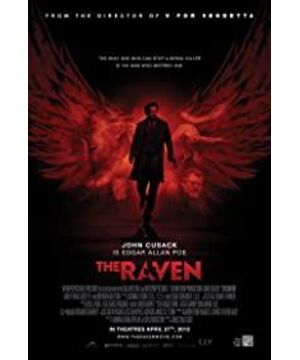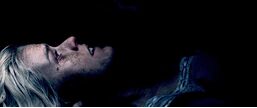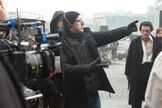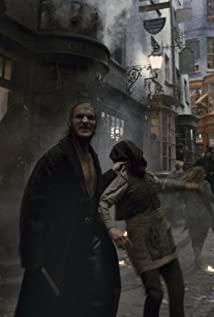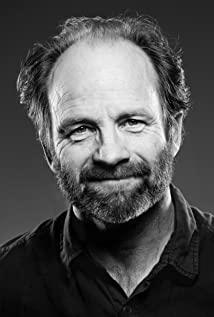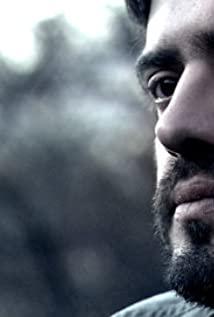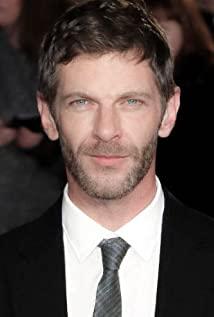Maybe it has something to do with the belief in ancestor worship—Chinese films are generally loyal to the character archetypes that respond to history and rarely use screenwriting skills to tamper with history to achieve the purpose of making the movie more enjoyable. If a screenwriter tampered with it privately, A historical figure is bound to be criticized by film critics for a while. Try to imagine if someone made "The Adventures of Shi Nai'an" or "Guan Gong vs Zombies", many viewers would complain without even watching it.
Avoid politics and history, for fear that the wrong psychology will kill the imagination of the screenwriter. Once something goes wrong, it will be reprimanded as "distorting and insulting tradition". There is no shortage of masters in Chinese history who write stories about their lives, like Edgar Allan Poe. However, using historical celebrities or historical events as a selling point becomes hype, and the fusion of history and genre is just as bad. Confucius had to sit upright in front of the desk, and he certainly couldn't be a master of martial arts, so he couldn't subdue the enemy with his bare hands. Of course, Luo Guanzhong is only a novelist; he is certainly not a master of strategy, let alone a detective. Therefore, Chinese historical figures can only evoke a monotonous and detached storyline from the origin of history. From this aspect, these historical figures are really "lonely".
It's not that "Night Banquet" or "Golden Armor" is well-shot. Like many failed cases, they are completely out of history, blindly pursuing huge scenes and gorgeous visual effects, not telling stories well, and attracting attention only through extravagance and waste. In this regard, Hong Kong has done better than us. At least in "Red Cliff", I also saw a new understanding and arrangement of the characters. Cao Cao is still the original Cao Cao, but the reason for attacking Wu has become a woman. Although the composition is not clever, there are breakthroughs in the subject matter. Chinese costume films are all empty shelves that are divorced from history. Like "The Banquet", there is no shadow of the prince's revenge. "Golden Armor" makes people remember not thunderstorms but breasts. If there are no characters, of course, there will be no plot afterward. This is completely a void caused by the lack of understanding of historical figures by the screenwriter.
Going back to the film, it's not that "The Raven" is well done, here I at least see the writers' interesting reimagining of Edgar Allan Poe. In this new form, Poe is still the desolate tavern poet of the past, barely making ends meet on a little manuscript fee, being thrown out of the tavern, and writing in a dark room with fear of death. imagination. Poe's dual character is reflected, as well as the comparison of serial murder cases with novels, and the constant use of the language in the novel to set off the horror atmosphere. These are all evidence that the screenwriter has carefully studied Poe's works. It's just here that the author uses screenwriting methods to turn him into a brave detective who fights serial killers for his beloved girl. Countless ancient costume films about Chinese characters have been torn open from commercial packaging and turned into hollow peanut shells. The weakness of character design and the emptiness of time is like grafting the heads of historical figures with the bodies of genre films. This has resulted in the "four dissimilarities" that are not faithful to the original work and lack a sense of the genre.
The screenwriters are not completely random changes. If you want to be a good screenwriter who can use historical themes, you will not be proficient in history and will not be familiar with genres and screenwriting skills. Chinese movies have always lacked stories. Like "The Orphan of Zhao", Cheng Ying's design lacks. The fundamental duality of the characters, the sublime, seems deliberately fabricated. Or, like "Mei Lanfang", it's bland and the characters are rigid and lifeless. Changing the situation is not an overnight thing. I can't help but admire Lu Chuan, "Nanjing Nanjing" allows me to see a real writer-director humanize understanding of history.View more about The Raven reviews


